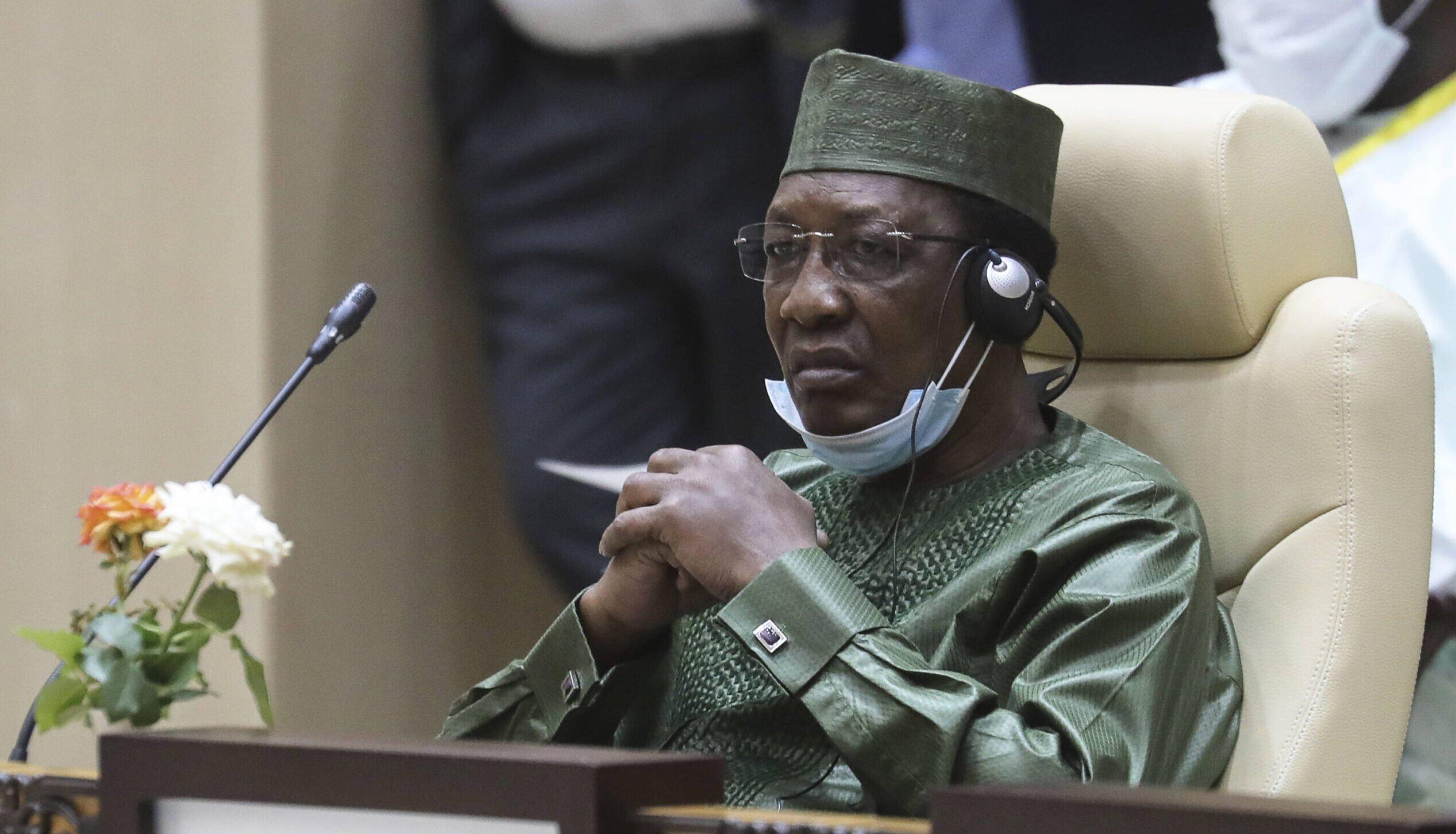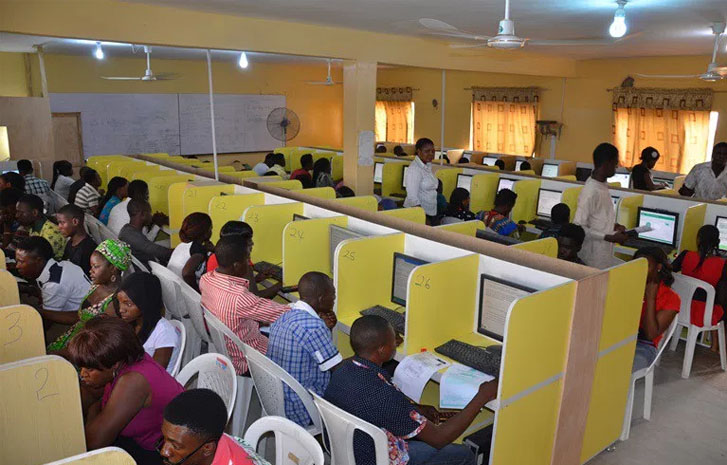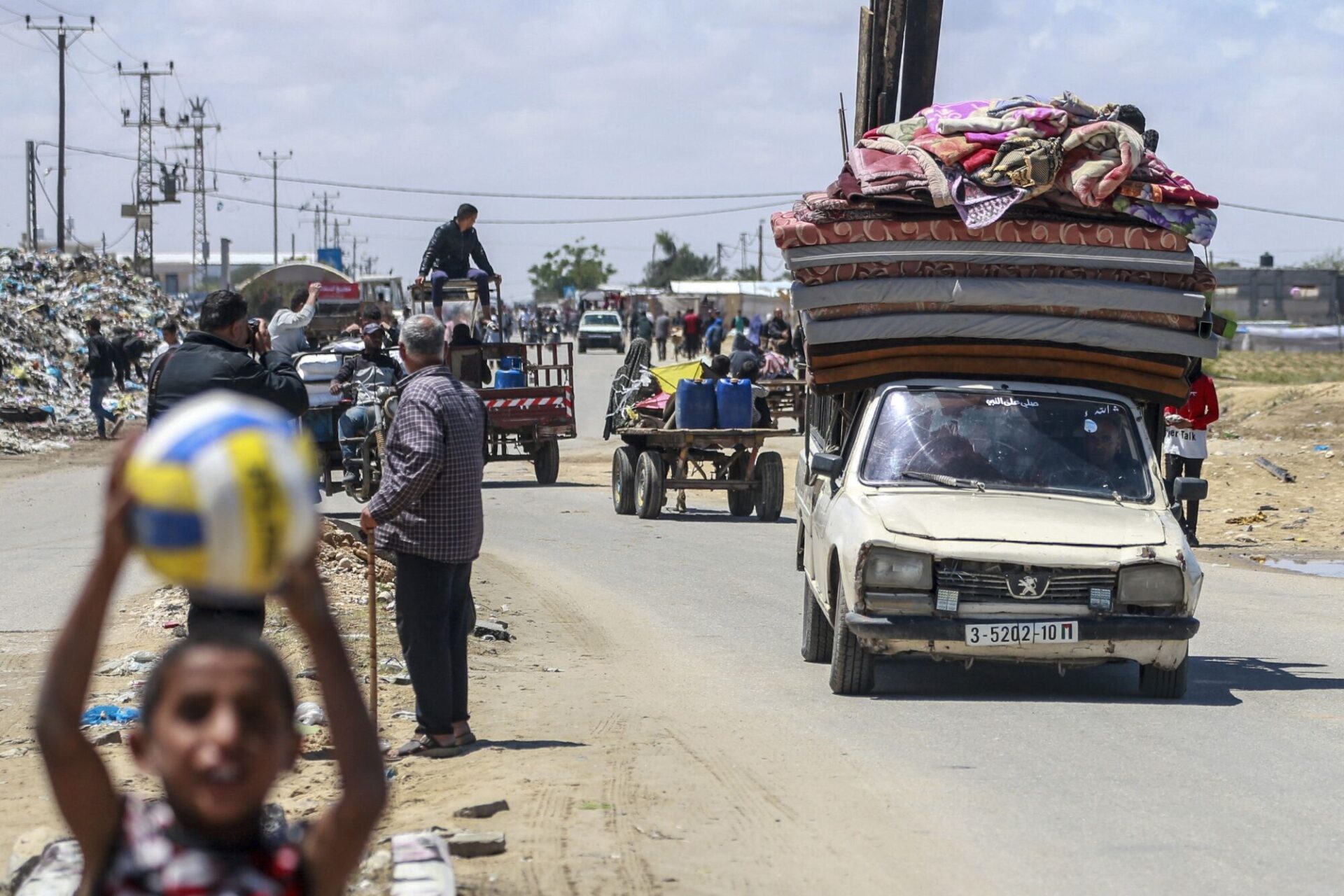Idriss Déby, who ruled with an iron fist for three decades and had just secured his sixth term in office, was considered by the West a linchpin in the fight against Islamist extremism in central Africa.
President Idriss Déby of Chad died of wounds sustained in clashes between insurgents and government soldiers, the country’s armed forces said on Tuesday, one day after he had claimed victory in his re-election campaign.
According to the New York Times, It was reported that a spokesman appeared on state television to inform the nation that Mr. Déby, who became feared by his own people over three decades of iron-fisted rule in Chad, was dead.
Mr. Déby had enjoyed the support of France and the United States because his military forces were seen as key to battling Islamist extremism in the central Sahel region. His contribution to the fight against groups like Boko Haram in neighboring Nigeria was viewed as critical in the broader effort to combat terrorism. He, therefore, received robust Western support despite accusations of human rights violations and crackdowns on the opposition during his rule.
There were many questions surrounding Mr. Déby’s death, including how exactly he was killed and what he was doing visiting an area where conflict was raging, if indeed he was.
The late president’s son, Mahamat Idriss Déby, will take over as the head of a new transitional military council that will rule for 18 months before new elections are held, the spokesman said. The government and national assembly were suspended, borders closed and a two-week mourning period announced.
The news was relayed to the country by a man who was identified as a spokesman for a transitional military council, Gen. Azem Bermandoa.
“The president of the republic, head of state, supreme chief of the army, Idriss Déby Itno, just drew his last breath while defending the nation’s integrity on the battlefield,” the spokesman, surrounded by soldiers and wearing a red beret and army fatigues, said in the broadcast.
On the same day as the presidential election, April 11, rebels crossed the northern border from Libya. Mr. Déby, 68, had been on the front lines in the north of the central African country, directing the fight against the rebel incursion, according to his campaign director, Mahamat Zen Bada.
Those rebels, from a group called the Front for Change and Concord in Chad, moved southward in several columns and claimed to have “liberated” a province of the country last week.
They reportedly beat a retreat to the north on Monday night, after reports of heavy losses on both rebel and government sides. But for the roughly 1.5 million residents of Ndjamena, the capital, solid information was hard to come by, with rumors spreading furiously.
Late into the night, gunshots rang out across the capital, though it was unclear why. Some residents theorized that the military had been celebrating victory after the rebels had fallen back.
Mr. Déby had been scheduled to give a victory speech on Monday to celebrate winning his sixth term in office, but his campaign director said that he had instead visited Chadian soldiers battling insurgents advancing on Ndjamena.
“The candidate would have liked to have been here to celebrate,” Mr. Zen Bada, the campaign director, had said, according to local news reports. “But right now, he is alongside our valiant defense and security forces to fight the terrorists threatening our territory.”
Over the three decades, since Mr. Déby seized power, he faced a number of challenges to his rule. Rebels reached the capital in 2006 and 2008. The president’s forces fought them off, with the “discreet” support of France, according to academics focused on Chad.
But in 2019, when Chad asked the French force in the Sahel for help in dealing with another incursion, Paris was less discreet about the support and obliged by launching a series of airstrikes on the rebels.
Jean-Yves Le Drian, the French foreign minister, told Parliament at the time, “France intervened militarily to prevent a coup d’état.”
Mr. Déby was re-elected largely on the promise of restoring peace and security to a country gripped by years of violence instigated by insurgent groups. Tensions rose in the days before the latest elections, but officials had urged calm.
On Monday, security forces and armored vehicles were posted to Ndjamena’s streets, prompting residents of the capital to fill up their tanks with gas, pick up their children early from school and hunker down at home. Chad’s communications minister had called for calm and wrote on Twitter on Monday that the presence of the security personnel had been “misinterpreted.”

 Naira4 weeks ago
Naira4 weeks ago


 Naira4 weeks ago
Naira4 weeks ago


 Naira3 weeks ago
Naira3 weeks ago


 News4 weeks ago
News4 weeks ago
 Travel4 weeks ago
Travel4 weeks ago




 Naira3 weeks ago
Naira3 weeks ago


 Jobs3 weeks ago
Jobs3 weeks ago
 Naira3 weeks ago
Naira3 weeks ago












